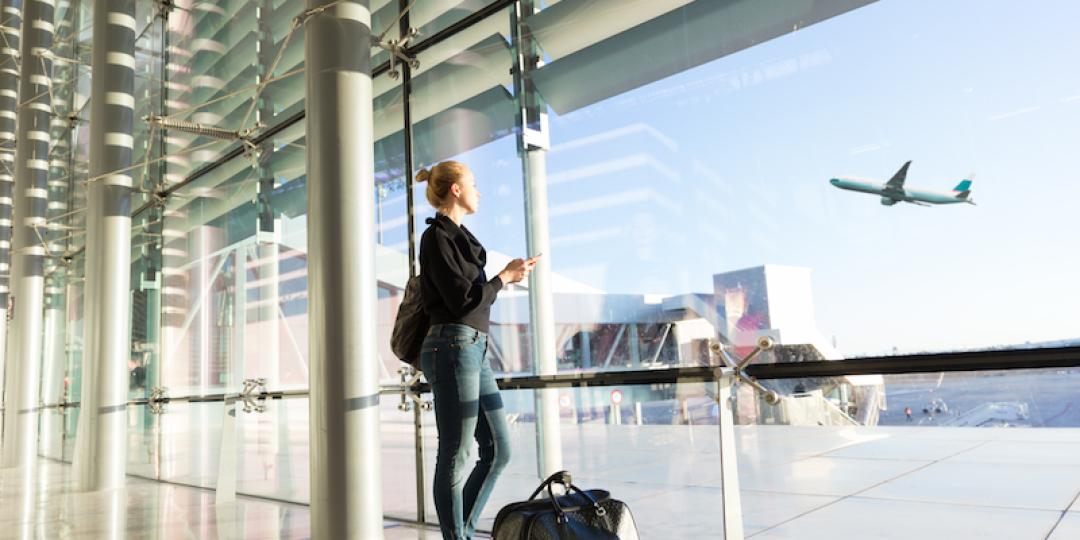A new generation of travellers is on its way, according to GlobalData, a data and analytics company. ‘Gen-C’ will not be defined by demographics such as age; they will need reassurance and evidence that their travel experience will enhance their lives without putting them or their loved ones at risk.
GlobalData’s press release says the impact of COVID-19 on the tourism industry will be enduring. “The creation of a new type of clientele seems a totally feasible and likely outcome. Tourism companies need to take this into account while formulating strategies post-COVID-19, as regular assurances will not be enough to attract customers.
Once this kind of procedure becomes the norm, customers may start to relax their need for reassurances. Until then, companies need to address safety concerns in a self-assured manner.”
Ramesh Jeenarain, md of World Leisure Holidays, told Tourism Update he believes when it comes to holiday packages, travellers will be looking for countries that are deemed to be ‘COVID-free’.
“It will also be appealing to go to places without high volumes of tourists,” he said. But he does not foresee clients wanting to suddenly go to more ‘isolated’ destinations instead. “I think customers will be looking to destinations they are familiar with, that have state-of-the-art health facilities, and from where they can be repatriated quite quickly, should there be a second wave.”
Most hotels are implementing the necessary health and safety protocols, but Gen-C travellers will likely look for more than the basic measures when booking. Andrew Widegger, ceo of City Lodge Hotel Group, told Tourism Update that, while the group had implemented a comprehensive range of housekeeping, hygiene, food and beverage, staff and guest protocols since the start of the pandemic, it had also taken extra steps to reassure guests.
“We have an external company conducting COVID-19 risk assessment audits periodically to provide independent assurance as to the cleanliness and safety of our hotels and the overall effectiveness of our operating protocols.” To inform potential guests with safety concerns of what to expect, the group communicates the various measures taken across its digital platforms.
Linden Birns, md of Plane Talking, said that he didn’t see this as something particularly new. “Safety and security have always been primary considerations for travellers. The only difference is that COVID-19 represents a new type of risk alongside all the others. As a result, we’ll have to get used to thinking about and adapting our behaviour throughout the air travel journey process – from booking to leaving the destination airport upon arrival – to become more biosecurity aware and compliant.
“At the same time airlines, airports and other members of the travel value chain will need to assure customers that they are compliant with health and safety regulations and that when markets are reopened, it will be safe to fly.”






















